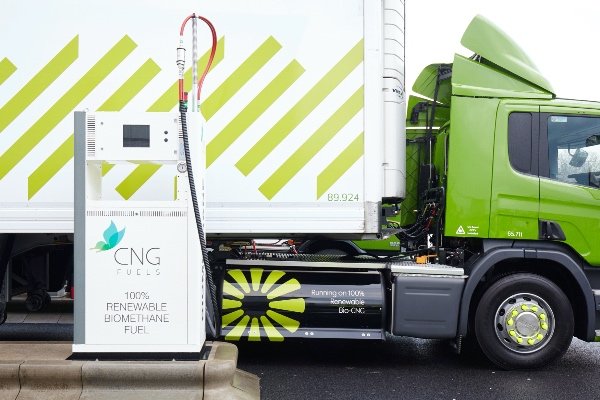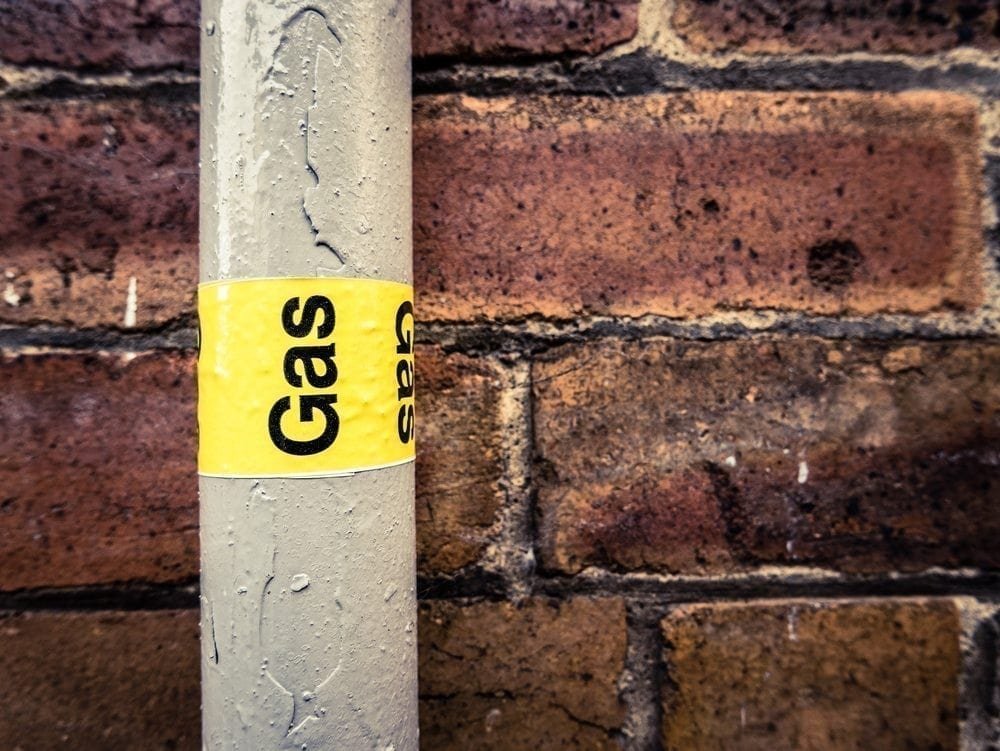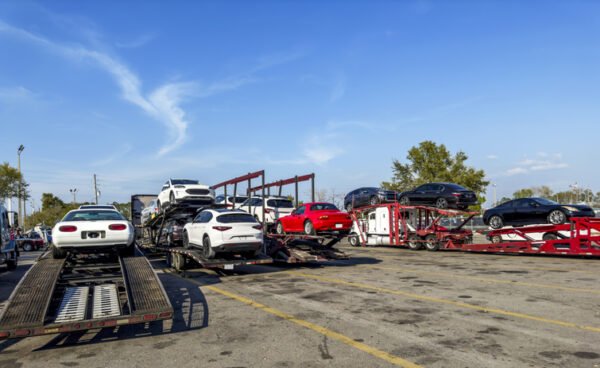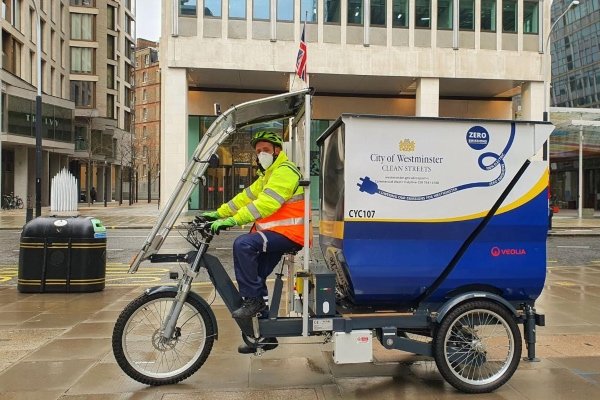A one-of-a-kind fleet
The station in Aylesford is a joint venture between CNG Fuels, the infrastructure arm of ReFuels, and Foresight Group, a sustainability-led investment management company.
Serving major UK trunk routes including the M20 and M2, the site is being built on land acquired by ReFuels from the John Lewis Partnership (JLP), adjacent to Waitrose’s south-east England distribution centre.
This will enable the retail giant to rapidly grow its fleet of biomethane-powered HGVs, which is already the largest fleet of its kind in the UK.
‘John Lewis Partnership took delivery of its first dedicated CNG trucks in 2015 and now operates 400 CNG trucks, which is the largest biomethane-powered truck fleet in the UK’, said Justin Laney, general manager of Fleet at John Lewis Partnership.
‘We are delighted that CNG Fuels has started construction of a high-capacity Bio CNG station in Aylesford, where Waitrose has its south-east distribution centre’, Justin added. ‘John Lewis Partnership is committed to all of its 520 heavy-duty trucks running on biomethane by 2028, and the Bio-CNG station in Aylesford is another important step towards realising this goal.’
Fuelling 6k HGVs per day
The new site – featuring 12 fuel pumps capable of delivering 19 million kg of Bio CNG annually – will add to the company’s existing network of 12 refuelling stations across the UK.
In total, this network can refuel more than 6,000 HGVs daily, saving more than 750,000 tonnes of CO2 emissions compared with diesel.
By 2026, the company aims to have 30-40 stations in operation, with a total capacity of up to 15,000 HGVs refuelling per day and more than 600 million kg of biomethane dispensed annually – equivalent to cutting UK HGV CO2 emissions by 8%.
Other fleets switch to Bio-CNG
Demand for Bio-CNG from fleet operators is growing rapidly. In July 2023 alone, 3,799 tonnes of Bio-CNG were dispensed across CNG Fuels’ stations, equivalent to an 80% increase compared with the same period last year.
In addition to John Lewis Partnership, ReFuels supports over 80 other major fleets switching to Bio-CNG including Aldi, Amazon, DHL, Lidl, Royal Mail and Warburton’s.
ReFuels has one other station under construction in Bangor, North Wales, which is due to start operations in the next month.
At least two further stations are expected to commence construction this calendar year.
 Play Video about This Rock Might Just Save The World
Play Video about This Rock Might Just Save The World Play Video about Play 2 hours of rock
Play Video about Play 2 hours of rock Play Video about Play 2 hours of brook
Play Video about Play 2 hours of brook Play Video about Play 2 hours of sheep
Play Video about Play 2 hours of sheep













































